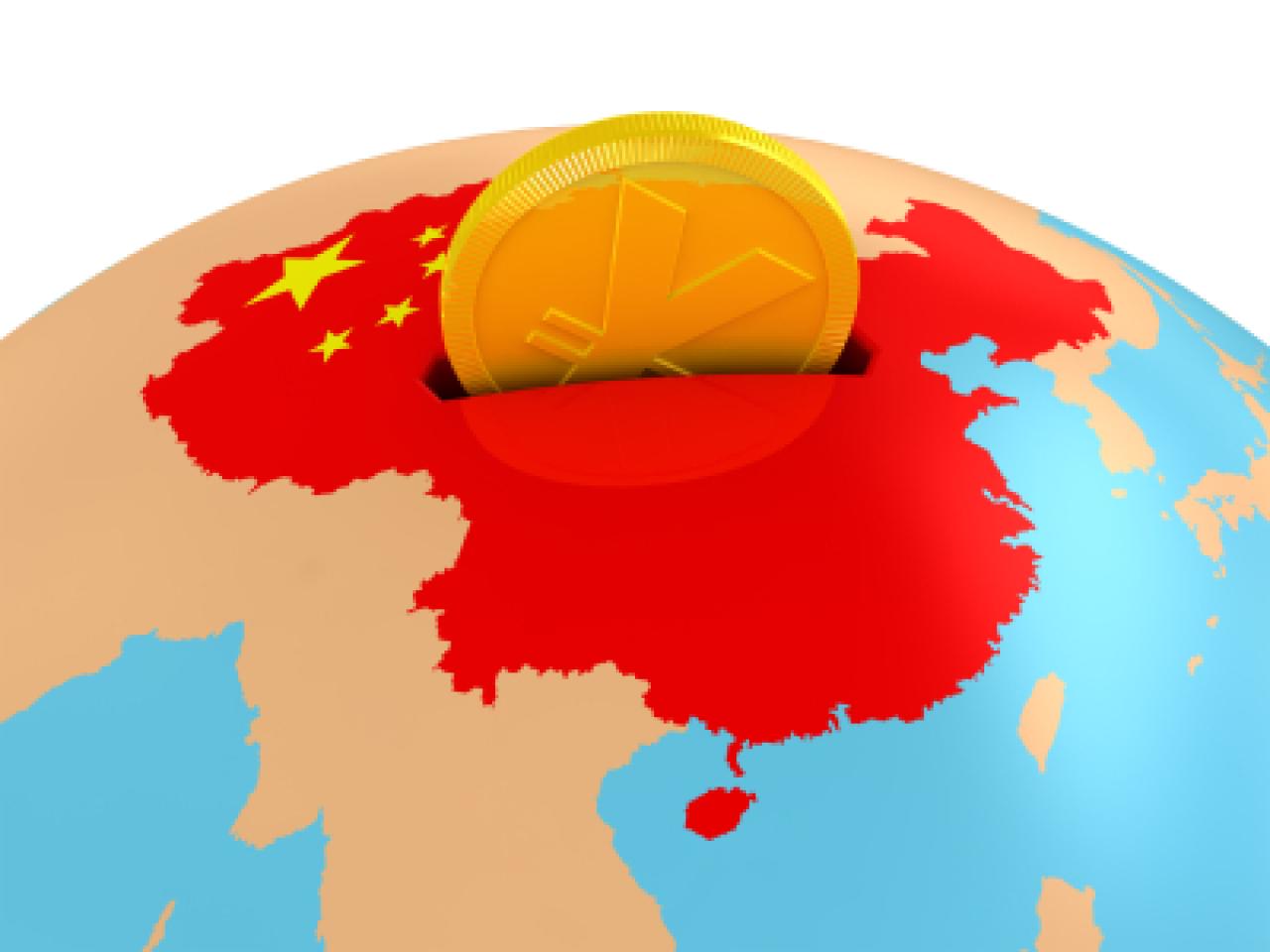

“I think one of the key messages is clearly that the centre of global gravity of businesses has shifted to the East. We all have to take on board now that a lot of the financial power has shifted to Asia, especially with what's happened in the last few months. And for the West to address that, the West needs to really and truly appreciate and understand the history and culture of Asia in far more detail than perhaps it did in the past,” Combe says.
“In the past, the West has sort of rushed into Asia as if it's a goldmine. But it's lost its way in many, many parts … Now is the time to fully appreciate what Asia is about and you need to alter your mindset, your cultural mindset if you are to succeed in Asia,” Combe adds.
Wee echoes his view: “The balance of power - whether it's economics, business or otherwise - had always been in favour of the West. Today, as a result of the financial tsunami, as a result of the rise of China and India and many other Asian countries, there is this shifting or tilting of this balance of power.”
Asian nuances
Understanding the Asian mindset, however, is not going to be easy, especially when Asia is not one homogenous melting pot, as is often perceived by many Westerners.
Combe says the importance of indirect communication in Asia is very important, and stresses that one cannot depend on a direct answer all the time. For example, where Westerners are known for being frank and direct; to Asians, ‘yes’ can mean ‘no’, and ‘no’ can mean ‘yes’.
But with Asia being a major engine of growth for the next five to 10 years, Wee says Westerners have to come to terms with the new reality. “Gone are the days when you come as colonial masters. The balance of power is shifting towards the East.”
Western excesses
The financial tsunami, precipitated by the subprime crisis in the US, has also done nothing to improve the image of the West. Combe says the credibility of the West's institutions has been shattered in the minds of many Asians.
Says Wee: “When we talk about the financial tsunami, I think it opened up a lot of flaws in the Western system. And here in Asia, we used to look up to the West for code of governance, for transparency etc. Today it is regretful to see that the West, if anything, is more corrupt than the East. You just take one incident of a guy (New York broker Bernard Madoff) who just squandered away $50 billion. In the last financial crisis, the whole bailout of Asia was less than that amount.”
“And you see episode after episode where CEOs come in private jets to beg for money, whereas if you are a Japanese CEO you probably might have committed hara-kiri … It does turn a lot of Asian leaders off in terms of this blatant kind of non-admission of guilt.”
Rising to the challenge
Both Combe and Wee agree that with Asia becoming increasing influential, it too needs to step up to the mark.
“I think it's going to also open up new opportunities for Asian companies with deep pockets to selectively chip away at some good buys in America, Europe and so on,” says Wee.
Combe, however, is more cautious, as he feels that Asia may not yet be ready to take up the challenge. “I think that's not yet a particularly comfortable position for them to take. But they’re going to have to learn to take it because I think there is this leadership vacuum with what (US President) Obama’s got on his plate.”
‘Business Journey to the East: An East-West Perspective on Global-is-Asian’ is published by McGraw Hill.
-
View Comments
-
Leave a Comment

No comments yet.